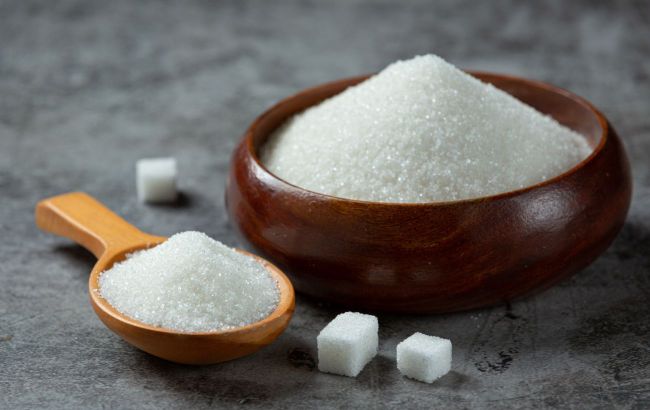Natural or artificial sugar alternatives - Find out which is best
 The best sugar substitutes named (photo: Freepik)
The best sugar substitutes named (photo: Freepik)
In the pursuit of healthy eating, more people are giving up regular sugar in favor of substitutes. Eating Well answers which ones are safer and healthier—natural or artificial.
How sugar substitutes affect blood sugar levels
Regular sugar is a carbohydrate that can cause an increase in blood sugar levels, which is a normal part of carbohydrate digestion.
Sugar substitutes provide a sweet taste without digestible carbohydrates, so they have minimal effect on glucose and often contain no calories or related carbs.
Sugar substitutes are often used as an alternative to regular sugar to reduce calories and carbohydrates. Popular options, such as stevia and aspartame, can provide sweetness without the same impact on blood sugar levels.
Natural sugar substitutes
Natural sugar substitutes are derived from plants. They are generally low in calories and do not raise blood glucose levels in the same way as consuming sugar.
Their taste may differ from that of traditional sugar.
Stevia
According to Science Direct, stevia is a natural sweetener derived from the plant. It is about 200–400 times sweeter than sugar.
It is also associated with significantly lower blood glucose levels, especially in people with diabetes, high blood pressure, or a higher body mass index (BMI).
Stevia can be used as a sugar substitute and added to drinks such as coffee, hot or iced tea, as well as in baking.
Monk fruit
This is another natural sweetener, named after the plant it is derived from. It is also much sweeter than regular sugar, so it should be used in much smaller amounts.
The extract may even have some anti-inflammatory and antioxidant properties. In addition, monk fruit does not raise blood glucose levels or stimulate insulin the way table sugar does.
Allulose
Allulose is a sugar naturally found in foods such as figs, raisins, and maple syrup. It is absorbed in the small intestine, but most of it is usually excreted in the urine.
It may also help slow down the digestion and absorption of glucose. Consuming allulose with meals can help lower blood sugar levels.
Erythritol
Erythritol is a sugar alcohol produced through a commercial fermentation process. It is also mostly excreted in the urine, so it contains negligible calories.
Artificial sugar substitutes
Sucralose
Sucralose is considered safe when consumed in moderation, but it provides no nutritional value or benefits to the body.
It does not affect blood glucose levels, making it a common choice for people with diabetes. It is also very sweet—about 600 times sweeter than sugar—so only a small amount is needed.
Some studies suggest that high doses of sucralose may affect the gut microbiome, altering the composition of beneficial bacteria. When heated, sucralose can break down and form potentially harmful compounds.
Aspartame
According to PubMed, aspartame is a chemical sweetener that has been used since the 1970s and is one of the most studied food additives. It has almost no effect on glucose metabolism in the body.
This material is for informational purposes only and should not be used for medical diagnosis or self-treatment. Our goal is to provide readers with accurate information about symptoms, causes, and methods of detecting diseases. RBС-Ukraine is not responsible for any diagnoses that readers may make based on materials from the resource. We do not recommend self-treatment and advise consulting a doctor in case of any health concerns.

